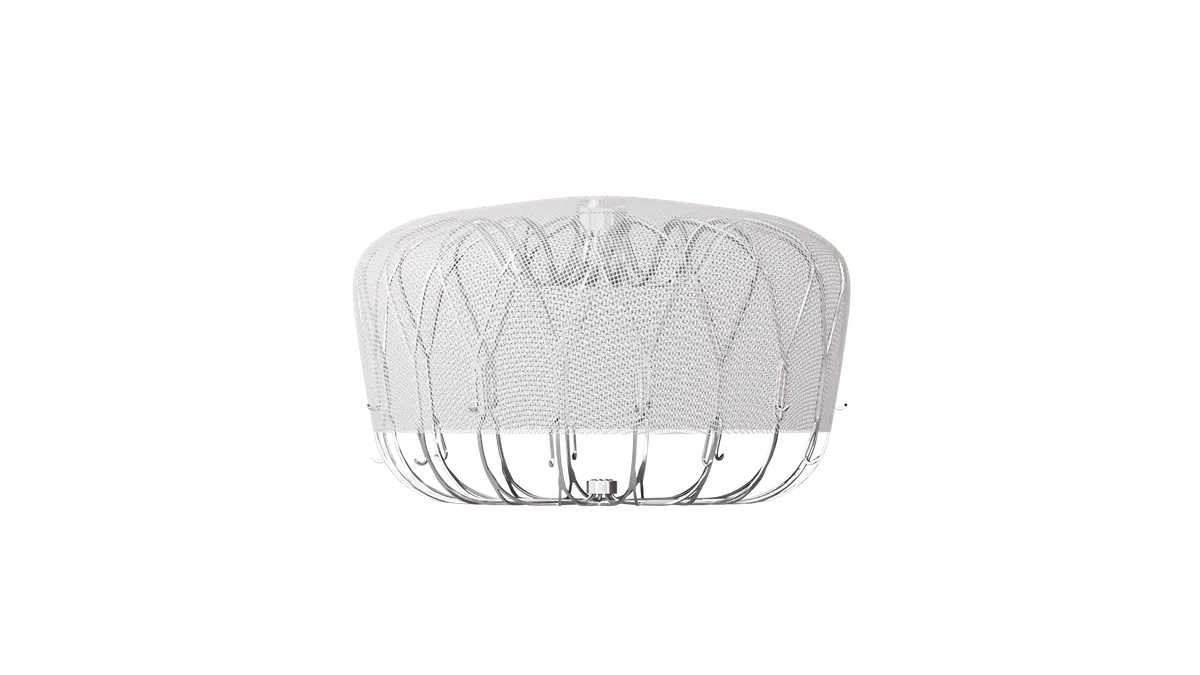Dive Brief:
- Boston Scientific shared preliminary results on Monday from a real-world analysis following 16,000 patients who were implanted with its Watchman FLX device. The implant, which seals off the left atrial appendage, is intended to reduce stroke risk in patients with non-valvular atrial fibrillation.
- According to the results, 82% of patients had no leak 45 days after the implant and 95% had no leak or one smaller than 3 millimeters. The most common adverse event was major bleeding, experienced by about 3.55% of patients, while rates of death (.91%), stroke (.83%) and pericardial effusion requiring intervention (.51%) were comparable to a previous pivotal study of the device.
- Boston Scientific's Watchman FLX, the newest version of its left atrial appendage closure device, received FDA approval in 2020. Abbott Laboratories released its own competing device last year and is expected to take a portion of U.S. market share.
Dive Insight:
Boston Scientific's SURPASS study will run for two years before it releases final results, evaluating the Watchman FLX device's effectiveness in reducing the risk of ischemic stroke and systemic embolism. The results, presented at Cardiovascular Research Technologies, were based on an analysis of physician-reported outcomes in the National Cardiovascular Data Registry LAAO Registry.
Based on early results shared on Monday, the rate of adverse events 45 days after implantation was similar to a pivotal study of the device, as well as the percentage of patients with no leak.
The company is looking to differentiate the newest version of its Watchman device from Abbott, which recently released its own competing device. While Boston Scientific's Watchman device currently has leading market share in the U.S., in Europe, Abbott's Amulet device makes up about half of the market, after receiving a CE mark in 2013.
A previous head-to-head study of the two devices yielded mixed results, with Abbott's Amulet performing better in some aspects, such as a higher rate of left atrial appendage closure and fewer patients needing anticoagulants. However, this was based on a comparison with Boston Scientific's older Watchman device.
While analysts have postulated how much market share Abbott could take in the U.S., sales of Boston Scientific's Watchman device haven't taken a hit so far. In 2021, sales of the device surpassed expectations, bringing in a total of $830 million in revenue for the year.
In Abbott's most recent earnings call, CEO Robert Ford said its Amulet device had been used in about 500 procedures last year, giving it about 10% market share in the U.S. However, Boston Scientific CEO Mike Mahoney contended that position was overstated.
"We think the share position that the competitor talked about is quite a bit elevated," Mahoney said, pointing to market growth.
According to a Feb. 17 SVB Leerink analyst note, the market for left atrial appendage closure devices is estimated at $1 billion and is expected to grow to $2 billion by 2024.











